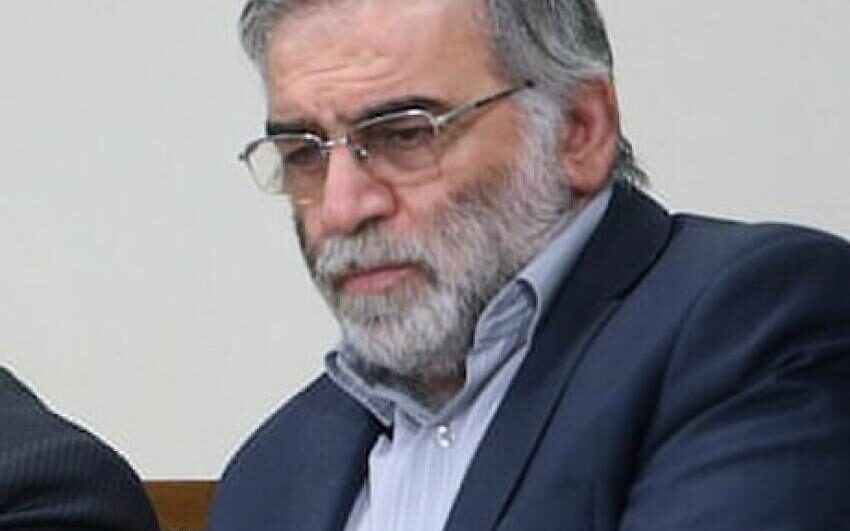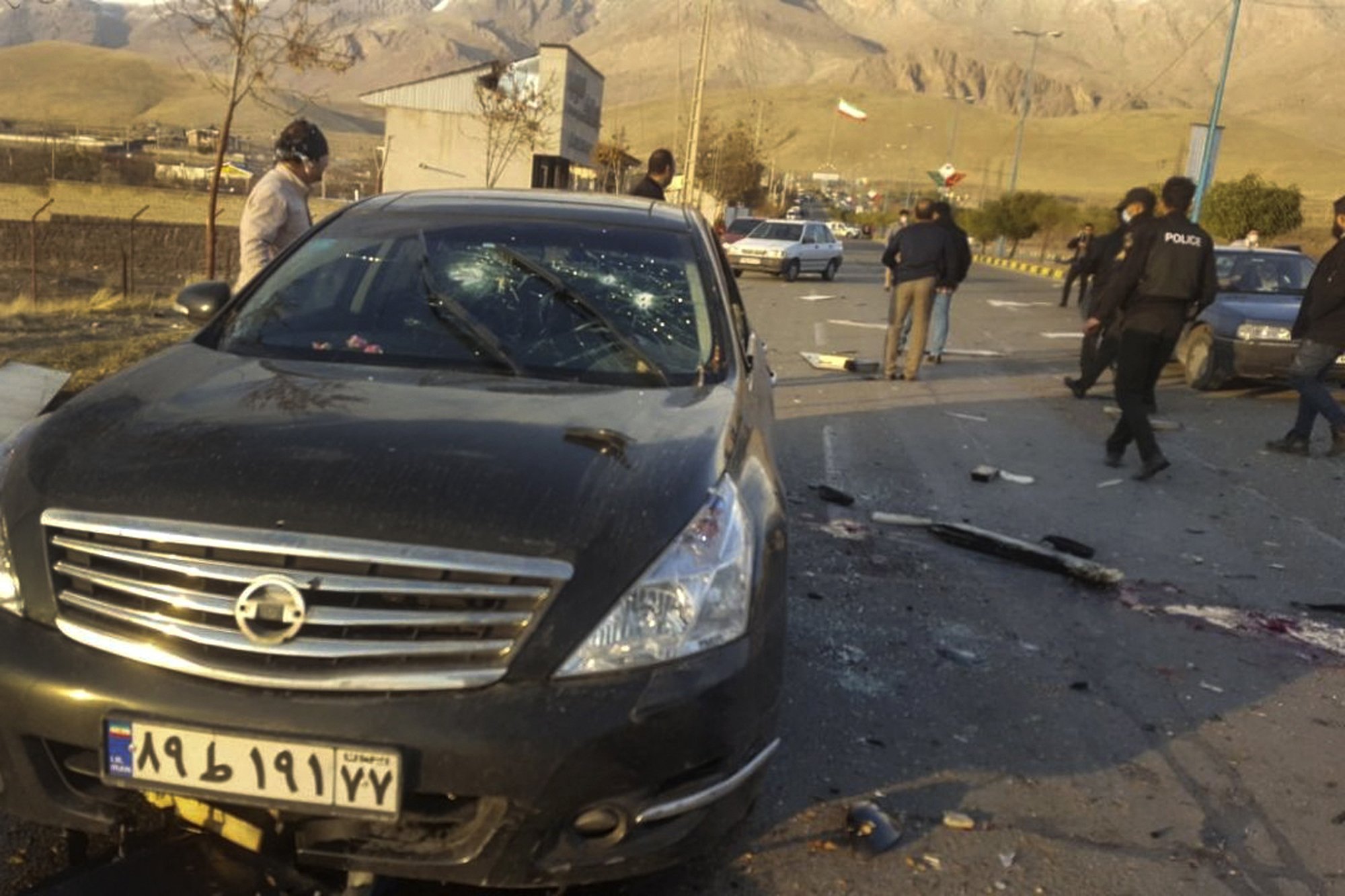Well I am of the opinion that the deal with Iran was working until Trump unilaterally withdrew from it and then slapped punitive sanctions on. Those sanctions are like an act of war because they attack a nations economic wellbeing and survival. So how did you expect the mullahs to react? The Iranian problem is a US initiated one anyway at the behest of the UK, and now all of their chickens have come home to roost. Unfortunately other nations have become caught up in it and because the US can never accept losing, they continue to demonise Iran.Yeah, but it hardly matters whether it'll cost Iran anything.
As a concept, once you open up more choices for Iran, it becomes more flexible in its decision making and its efforts in whatever foreign policy it maintains, will be more effective.
I think the rejection of renewed sanctions on Iran, particularly by American allies, is symbolic of at least some rot in the alliances and relations the US maintains, and those Israel and regional allies maintain with the west.
Allies need to be united in their decision making versus their own enemies, and enemies of allies.
The US is investing ridiculous amounts of money and manpower into protecting countries worldwide, against countries or groups that aren't even directly threatening the US.
Russia is a rival to the US but on a scale of threat, it's a much bigger threat to basically any eastern and central European country than to the US.
You cannot have allies vote against you. The sad reality is that eventually Iran will grow to something that starts threatening the entire west, and many European governments will remain unaware until Iran already makes a move against their interests.
What did Israel do when it was surrounded by enemies baying for its blood and screaming for its destruction? It forted up, pulled up the drawbridge and waited. When the enemies attacked Israel sortied forth putting them to the sword and destroying their forces on the field. Iran is in the same position and it has forted up and pulled the drawbridge up. They see themselves as being surrounded by enemies and react accordingly. Yes, they have a philosophy and belief that is not acceptable to some, but is it any different to Saudi fundamentalism, ultra orthodox Judaism, or the Christian fundamentalism that exists in the US, all of which are highly intolerant of outsiders - the other?
So my view is that a chance to reduce the tensions in the Middle East has passed and may not be repeated again because of the loss of trust and respect that the US has lost amongst its allies and friends.





